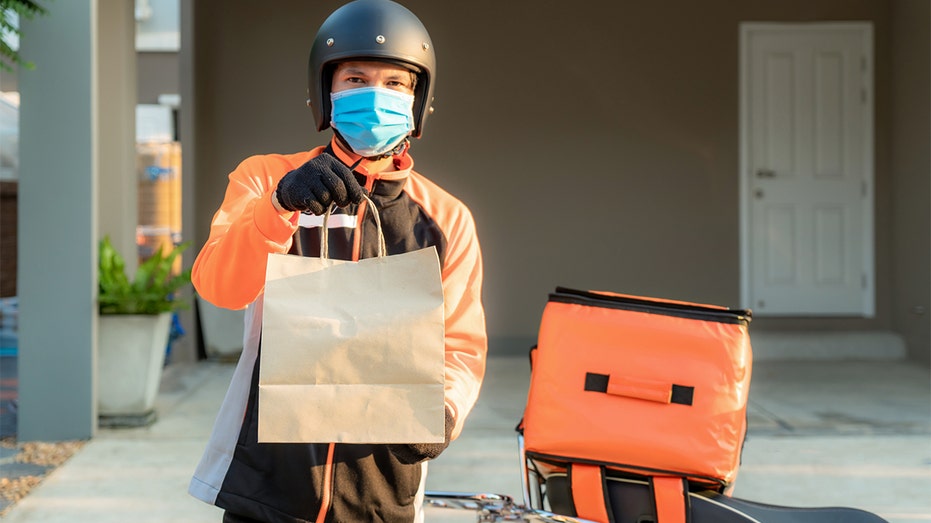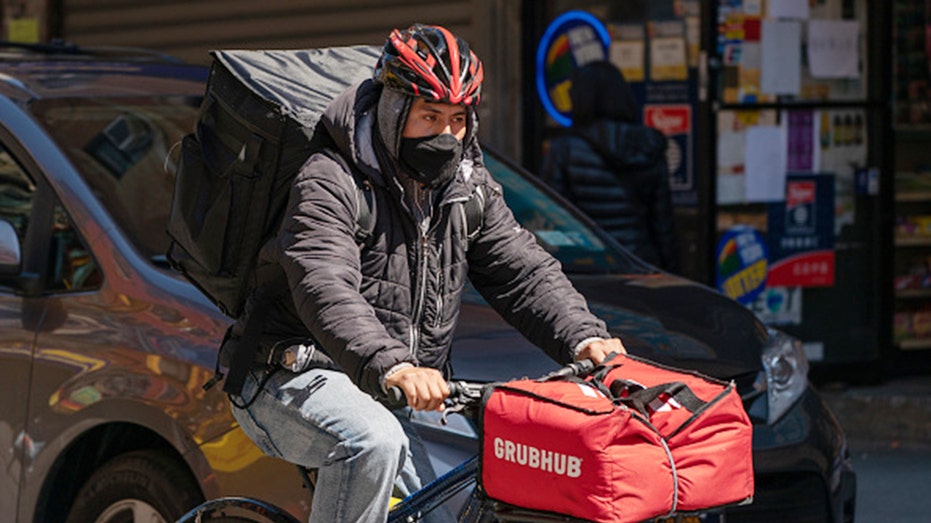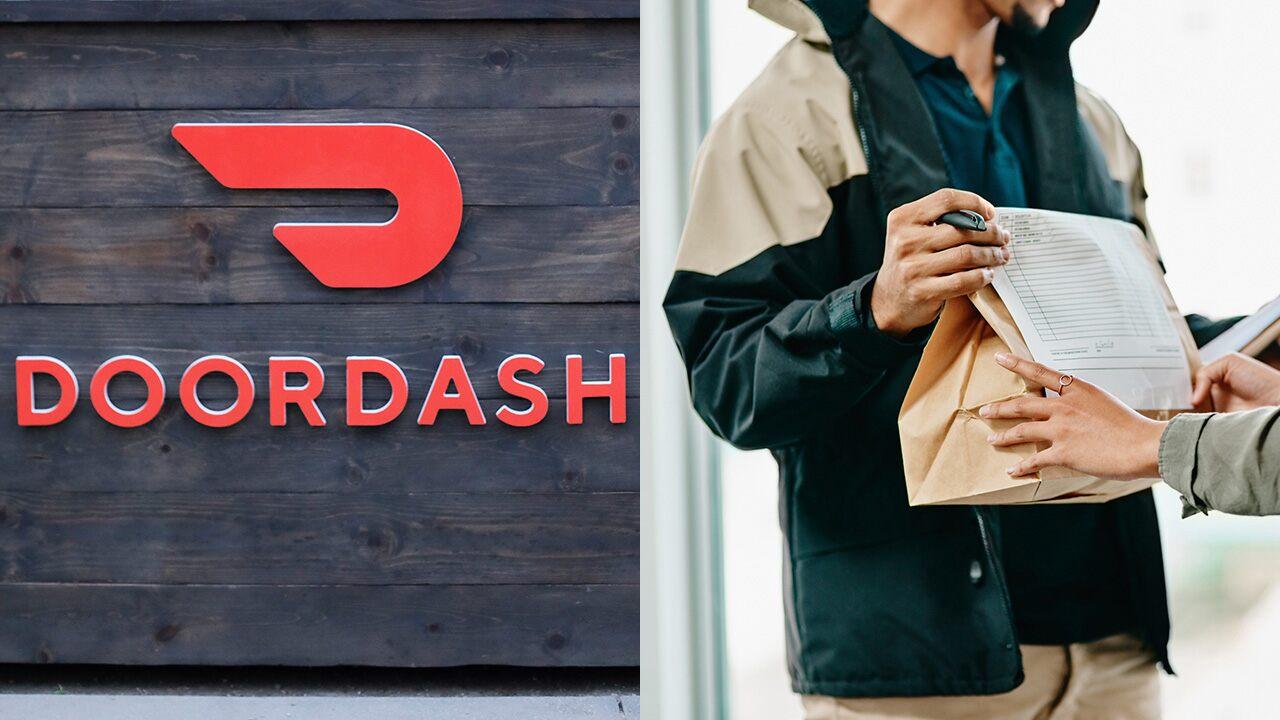DoorDash reduces restaurant commission fees by 50 percent
Restaurants struggle to make ends meet during coronavirus with delivery service commission fees
Get all the latest news on coronavirus and more delivered daily to your inbox. Sign up here.
Doordash, third party delivery app, is cutting commissions in half to help the restaurants it partners with as they struggle to make ends meet because of closures forced by the coronavirus pandemic.
The San Francisco-based company will reduce commission fees for restaurants by 50 percent on Doordash and Caviar delivery services, the company announced Friday. Commissions typically cover delivery costs and marketing for restaurants listed on the DoorDash app.

DoorDash to waive commission fees for restaurants by 50 percent.
DoorDash's commission relief program will help more than 150,000 local eateries in the United States, Canada, and Australia. So a casual eatery that may pay a 20 percent commission, will now only be charged a 10 percent fee. The initiative starts on April 13 will run through the end of May.
With social distancing orders in place across the country during the coronavirus pandemic, restaurants have had to pivot to delivery-only business models, losing much of their revenue. And some small businesses are finding it nearly impossible to make a profit with some delivery services charging up to 30 percent in commission fees.
“They’re killing us. UberEats takes 30 percent. It’s eating up all of our profits. How do you make a profit when business is down 80 percent?” Sammy Musovic, the owner of Sojourn, a new American restaurant on the Upper East Side of Manhattan, told FOX Business Friday. “If it was 10 percent that makes sense.”
Musovic went from having a staff of 50 to just 10 employees after he was forced to close his dining room mid-March. To bolster his business, Musovic is urging locals and longtime customers in a note on his restaurant's website to place orders by phone to avoid getting hit with commission fees. And other small businesses are following suit.
Sojourn uses third-party delivery service UberEats to pick up and deliver food orders placed through its website. He also uses Grubhub, the parent company of Seamless, but to cut back on its commission costs, he enlists his own drivers to drop off food to customers.
CORONAVIRUS BOOSTS THIRD-PARTY DELIVERY SERVICES
“We’re saying to our customers, ‘If you really want to support and help us, we prefer you call directly into us.’ We’re getting a lot more of that and that’s been helpful,” Musovic said.
UberEats announced last month it would waive delivery fees charged to more than 100,000 independent restaurants across the United States and Canada. And Grubhub said in March it would suspend collecting up to $100 million in commissions from independent restaurants throughout the country as health officials urge consumers to socially distance themselves.
CORONAVIRUS PANDEMIC BOOSTS COMFORT FOOD SALES
But many restaurants are still on the hook. New York State Latino Restaurant, Bar & Lounge Association president Jeffrey Garcia told the New York Daily News that Grubhub is still taking up to 30 percent of the revenue from food orders.
| Ticker | Security | Last | Change | Change % |
|---|---|---|---|---|
| GRUB | NO DATA AVAILABLE | - | - | - |
| UBER | UBER TECHNOLOGIES INC. | 74.77 | -0.44 | -0.59% |
“For Grubhub to take advantage of this reliance during the midst of a global health pandemic is abhorrent and there must be actions made to cap these fees at 10 percent of total orders,” Garcia said.

Some restaurants are struggling to make a profit with commission fees charged by third-party delivery services. (Jeenah Moon/Bloomberg via Getty Images).
“We know the coming weeks will be challenging for many small business owners, and in order to sustainably support our partners through the evolving crisis, we've considered a number of options. Among other things, we've focused on driving demand towards independent restaurants to help make up for the significant slowdown of in-restaurant dining," a spokesperson for Uber said in a statement.
Grubhub did not immediately respond to requests for comment.
Grubhub spokesman John Collins told the New York Daily News that delivery fees are optional and restaurants have the option to use their own drivers to deliver.
“This arbitrary cap is exactly the wrong step at exactly the wrong time," he said. "Not only could it lower pay for struggling delivery workers, it would disrupt an essential supply chain of meals to New York’s seniors and families at their most vulnerable time."
CLICK HERE TO READ MORE ON FOX BUSINESS




















